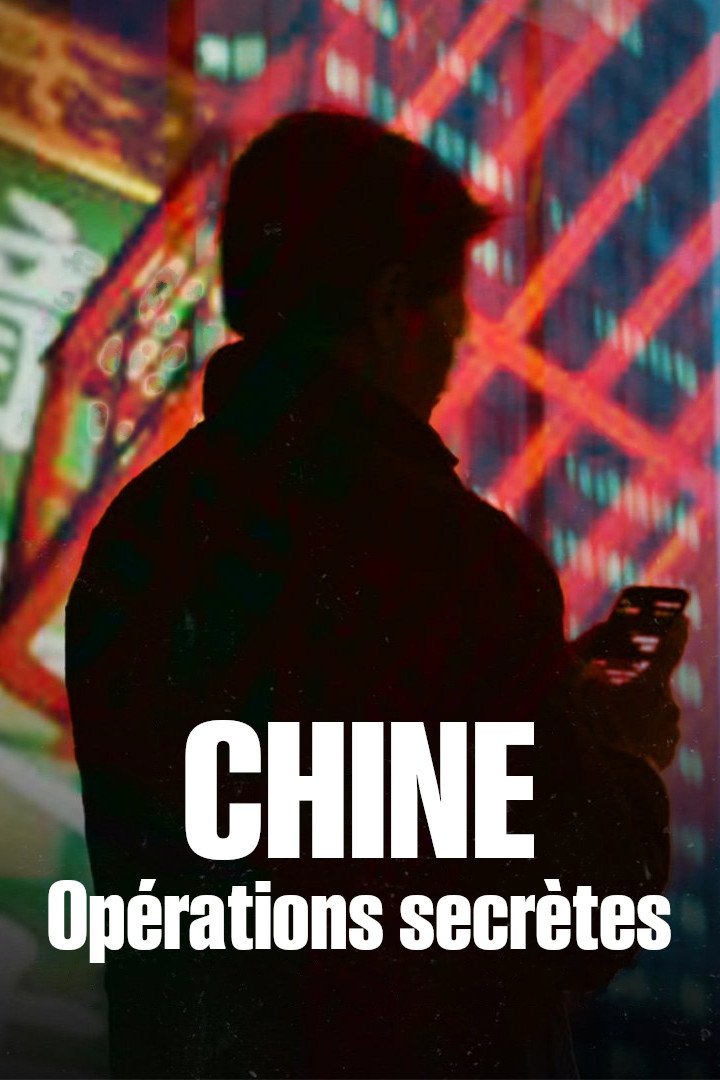Citizen Roh (2019)
• May 23rd, 2019 • 1h 38min
Documentary
Overview
In 2008, late President Roh Moo-hyun returned to his hometown Bongha village after his retirement and was joined by supporters as he recreated his hometown and began to clean up the Bonghae Mountain, cultivating Bongha Mountain, and cultivating environmentally friendly rice.
Make sure to check your pop-up blocker!!
Trailer
Similar Movies
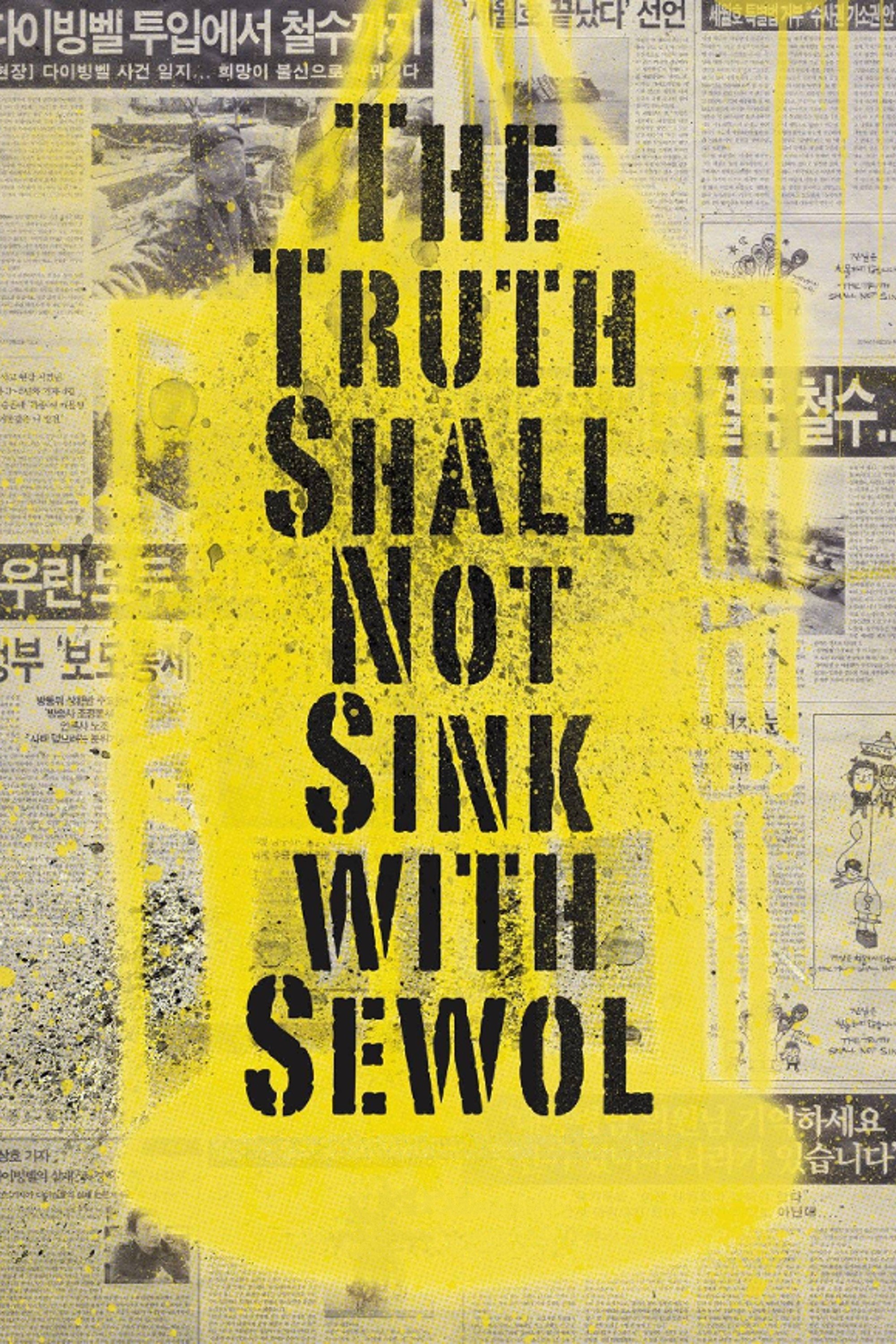
The Truth Shall Not Sink with Sewol
Released on: 2014-10-23
Documentary
A documentary on the South Korean ferry disaster that claimed the lives of more than 300 passengers ...
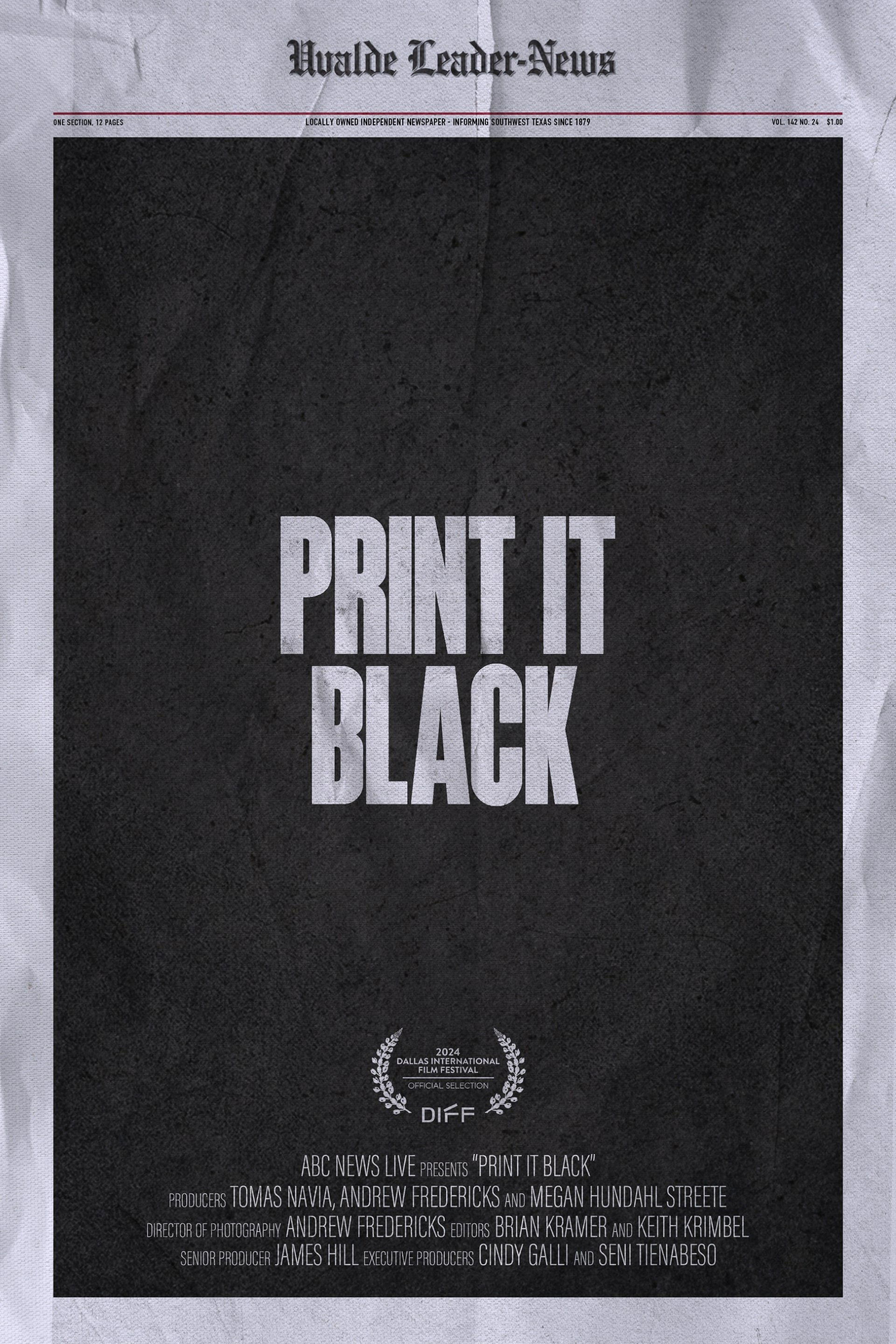
Print It Black
Released on: 2024-04-28
Documentary
After the Robb Elementary school shooting in Texas, local Uvalde Leader-News journalists are left to...

Statues Also Die
Released on: 1953-05-01
Documentary
Commissioned by the journal Présence Africaine, this short documentary examines how African art is d...
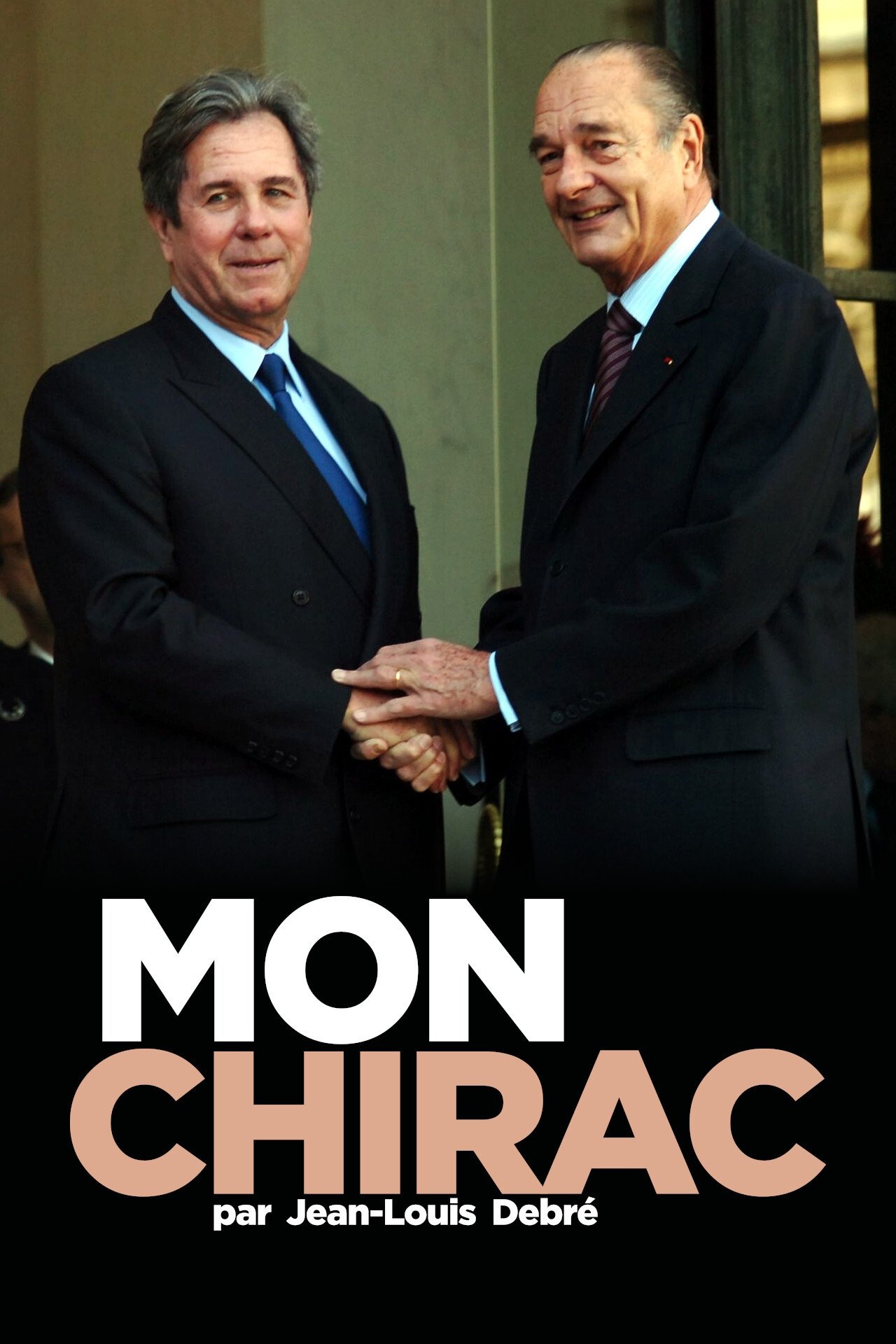
Mon Chirac
Released on: 2019-03-18
Documentary, TV Movie
At the close of Jacques Chirac's life, politician Jean-Louis Debré has wished to make a film to cele...
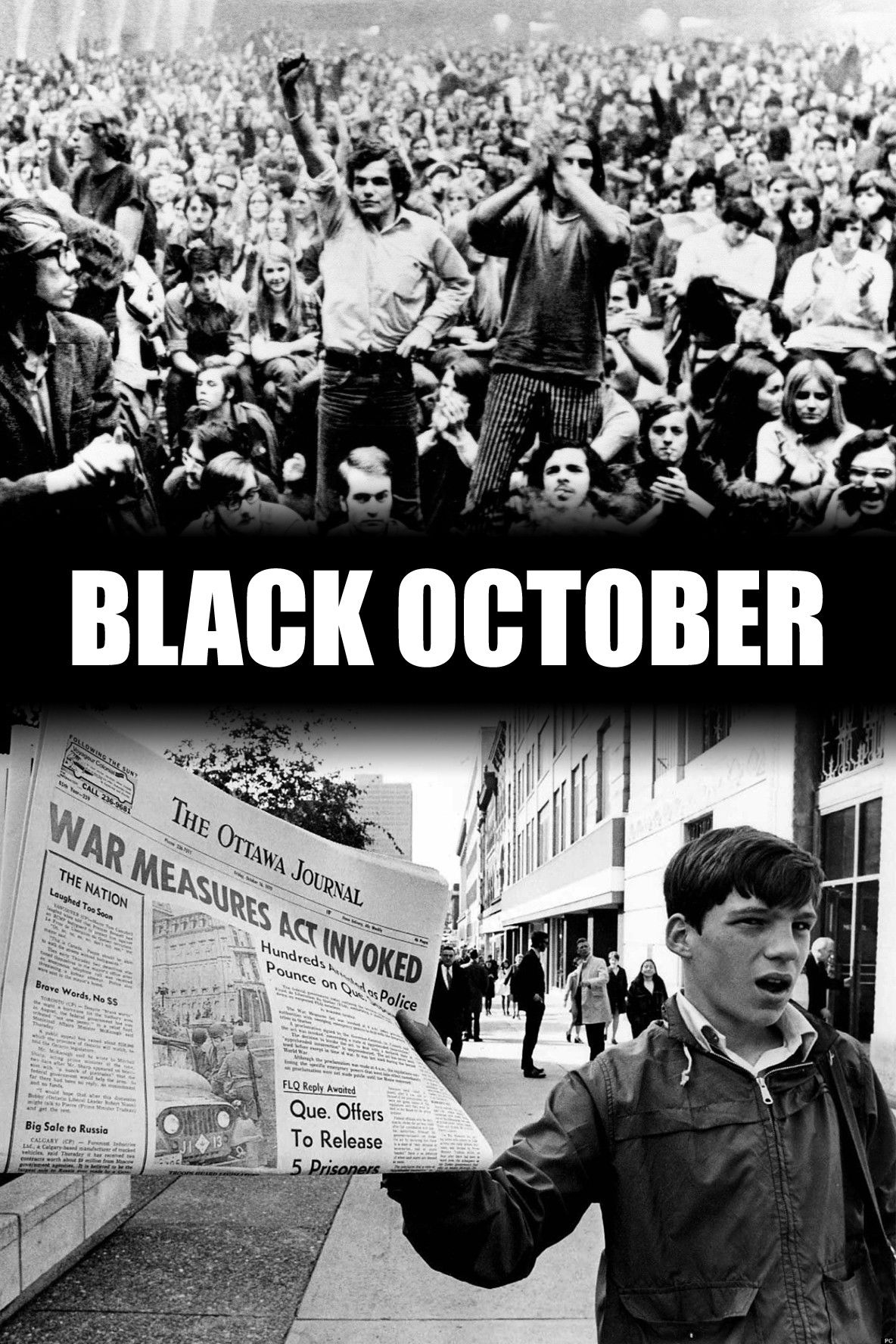
Black October
Released on: 2000-01-01
History, Documentary
A documentary recounting the kidnappings of British Trade Commissioner James Cross and Quebec Vice-P...

Punk the Vote!
Released on: 2006-10-28
Documentary
Roach and Starbuck, two hardcore punks from Montreal, try to form their own political party, but run...
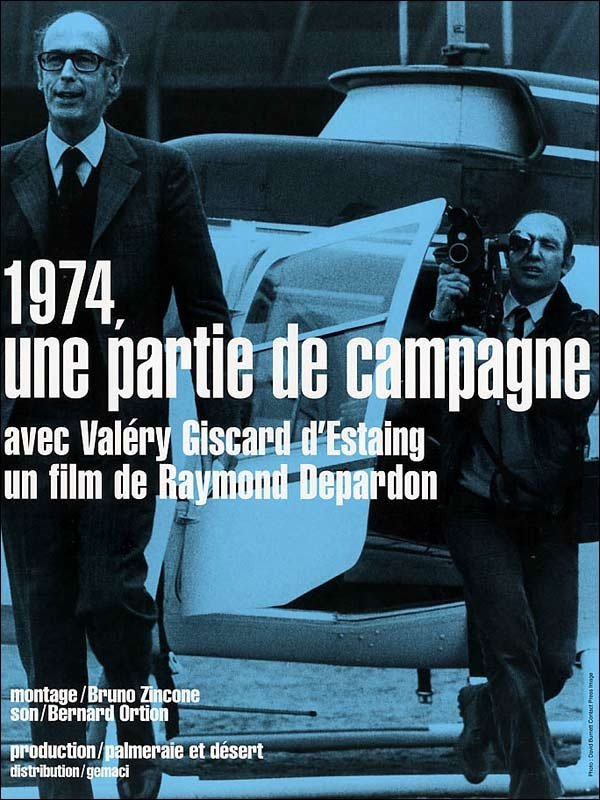
1974, une partie de campagne
Released on: 2002-02-20
Documentary
Following the 1974 French presidential campaign with Valéry Giscard d’Estaing.

YEAR
Released on: 2023-02-25
Documentary
A documentary film-project by Dmytro Komarov. He was the first journalist to witness and film the h...
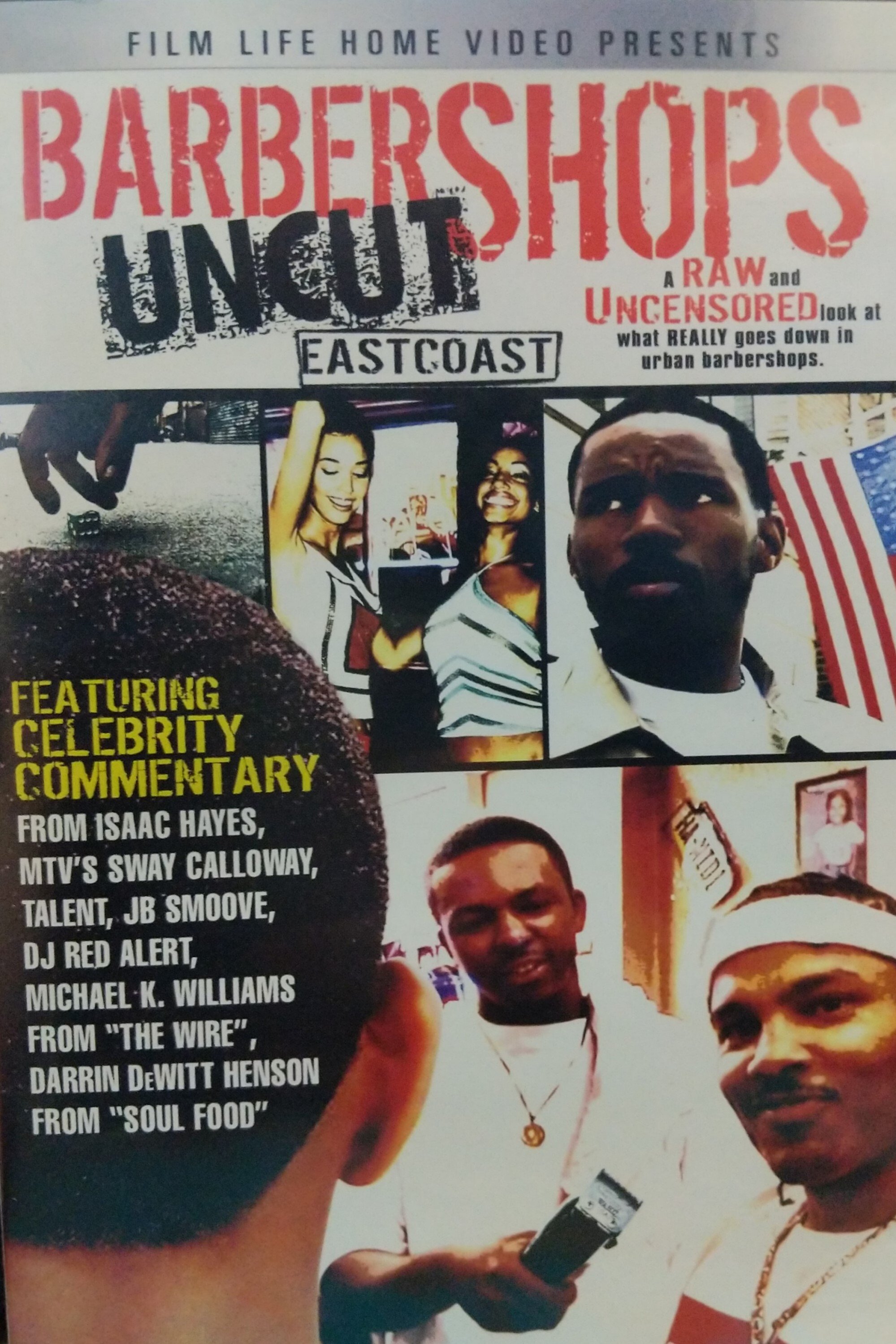
Barbershops Uncut: East Coast
Released on: 2004-01-01
Documentary
A raw and uncensored look at what really goes down in urban barbershops.
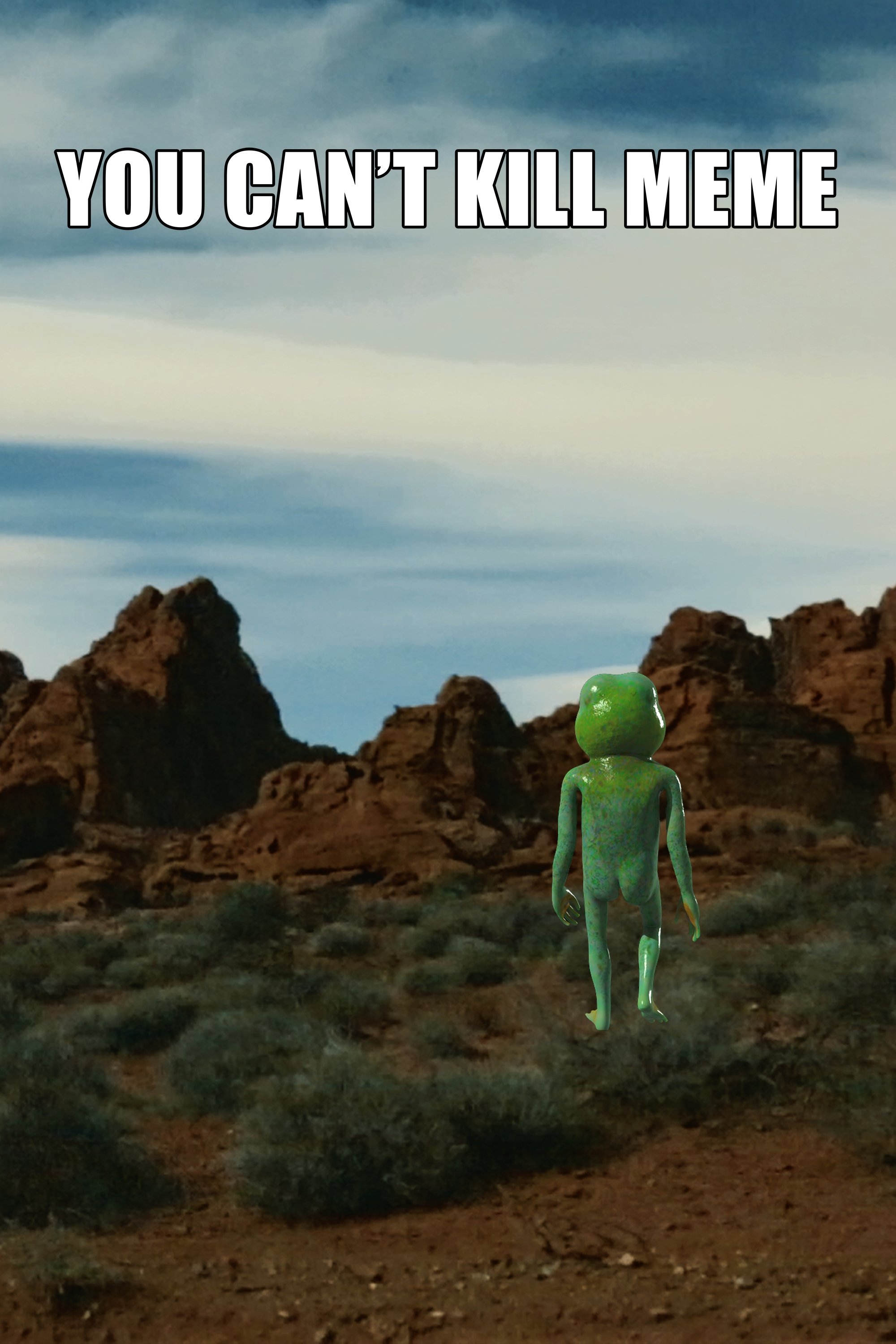
You Can't Kill Meme
Released on: 2021-11-05
Documentary
A hybrid documentary feature film about the genesis of "memetic magick" and its application by the a...
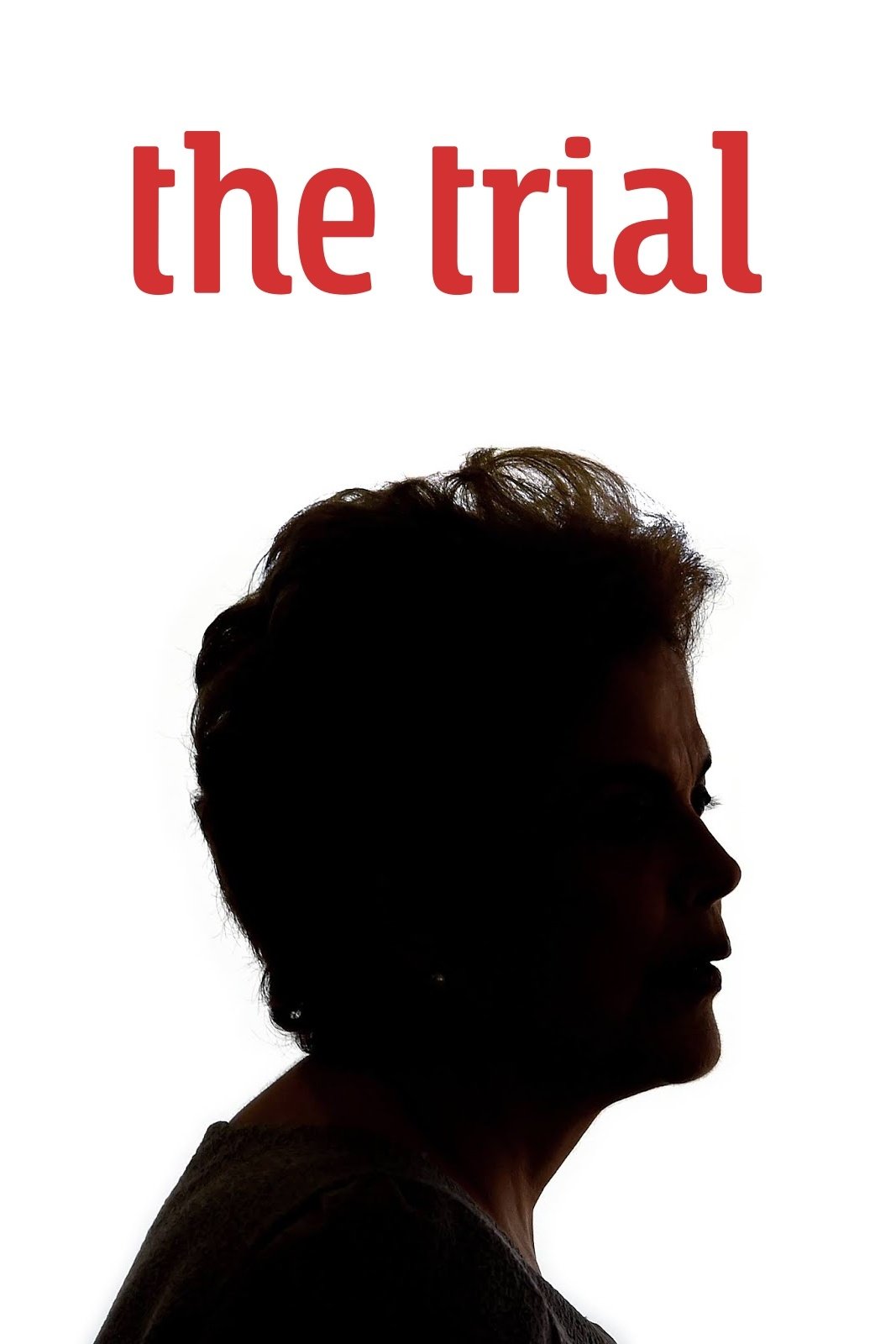
The Trial
Released on: 2018-05-17
Documentary
The impeachment and removal from office of Brazilian President Dilma Rousseff in 2016 was triggered ...

Fahrenheit 9/11
Released on: 2004-06-25
Documentary
Michael Moore's view on how the Bush administration allegedly used the tragic events on 9/11 to push...

An Inconvenient Truth
Released on: 2006-05-24
Documentary
A documentary on Al Gore's campaign to make the issue of global warming a recognized problem worldwi...

Full Metal Village
Released on: 2007-04-19
Documentary
The film describes the microcosmos of the small village Wacken and shows the clash of the cultures, ...

30 Years of Democracy
Released on: 2019-12-22
Documentary, History
Two journalists born in the mid '80s decide to take a look back at how their country changed in the ...

Dixie Chicks: Shut Up and Sing
Released on: 2006-10-27
Music, Documentary
Shut Up and Sing is a documentary about the country band from Texas called the Dixie Chicks and how ...
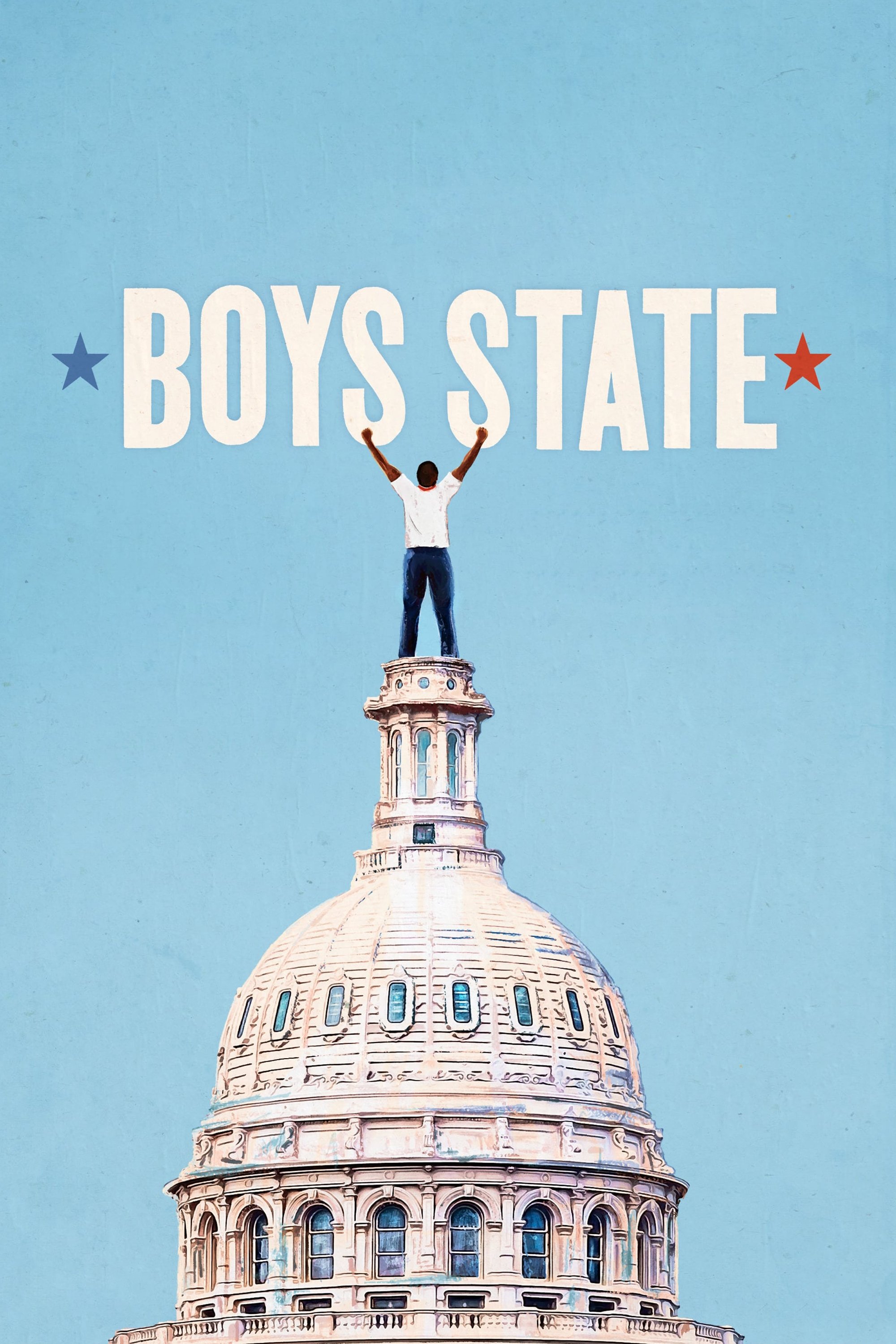
Boys State
Released on: 2020-01-24
Documentary
This raucous journey into the heart of democracy captures an unusual rite of passage: 1,100 teenage ...
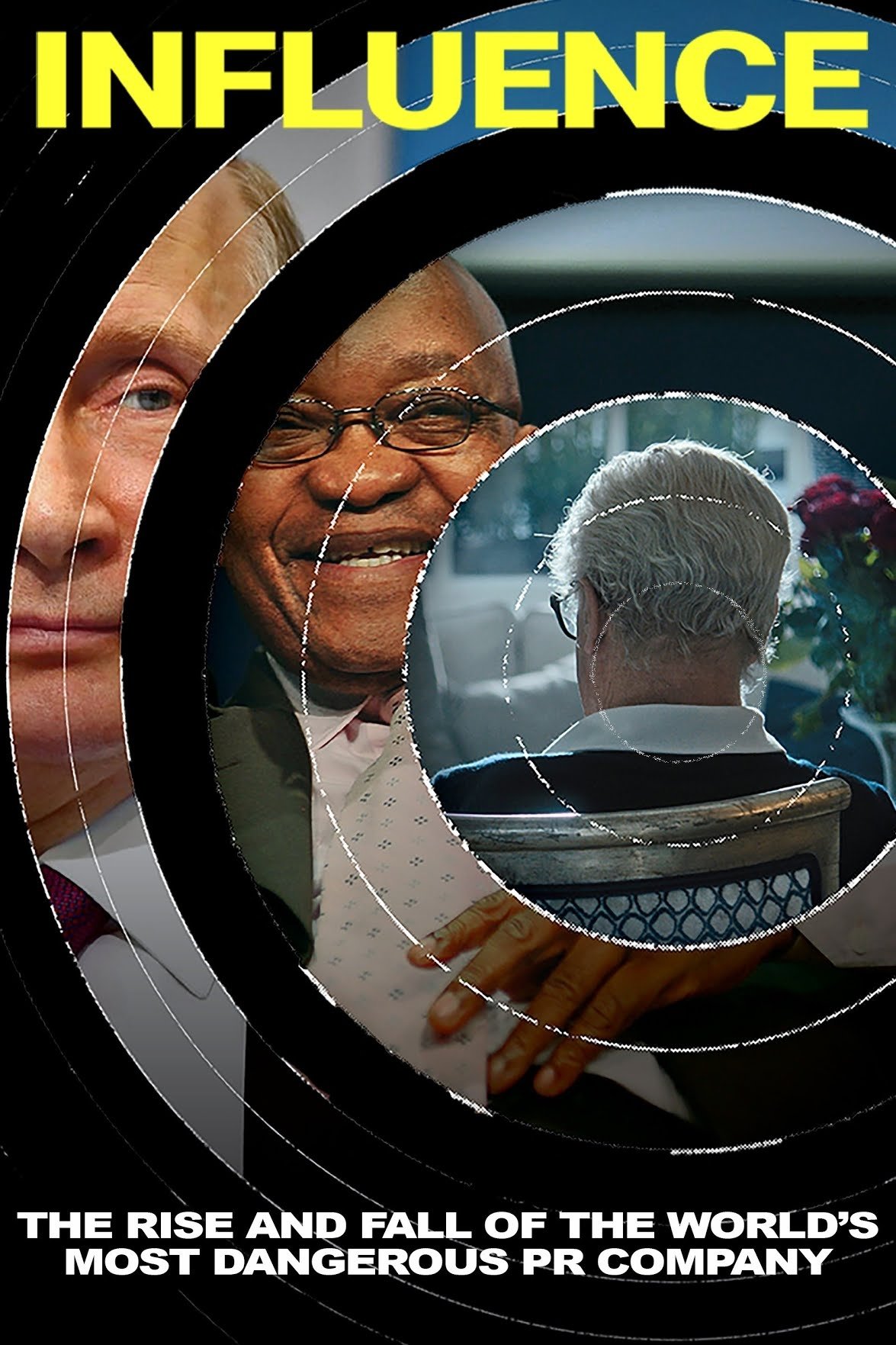
Influence
Released on: 2020-01-27
Documentary
Charting the recent advancements in weaponized communication by investigating the rise and fall of t...

Leninland
Released on: 2013-11-30
Documentary
At the peak of Perestroika, in 1987, in the village of Gorki, where Lenin spent his last years, afte...
